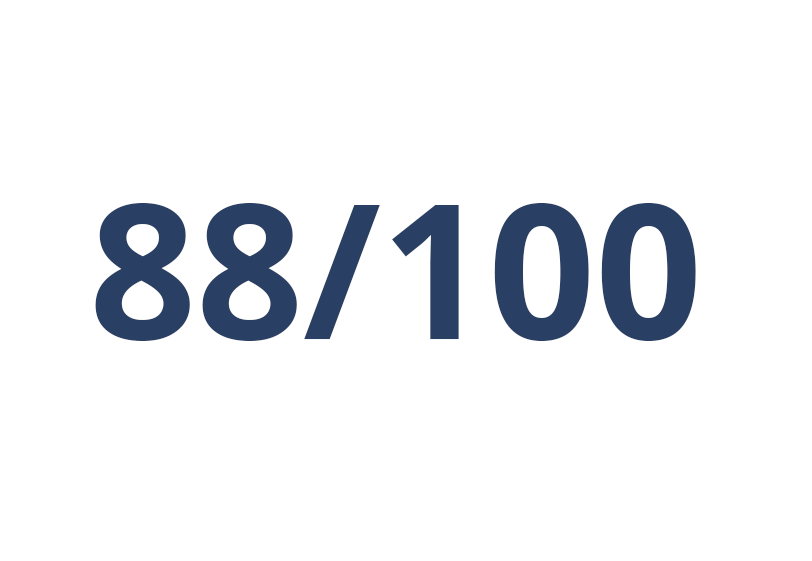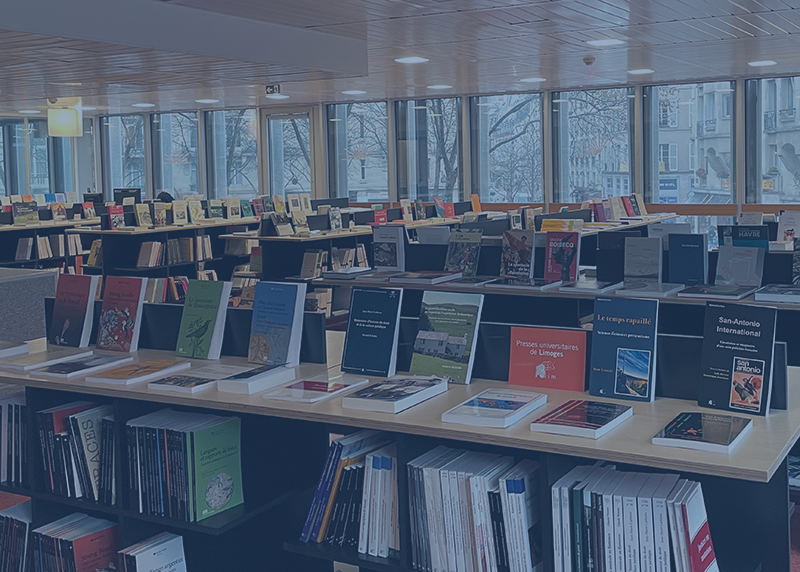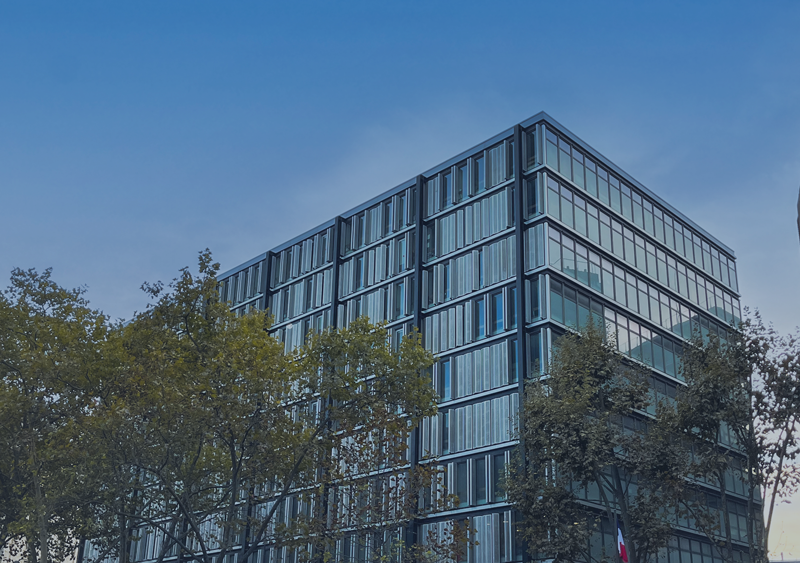Research Professional News: "Humanities scholars get a flavour of France"

Robin Bisson asked Sara Guindani about the DEA (Associate Research Directors) Program, the Foundation's oldest international mobility program. Here, he gives an overview of the history, application process and tips to enter the program.
A version of this article was originally published in Research Professional's Funding Insight service
Based in Paris, the Fondation Maison des Sciences de l’Homme describes itself as an “international crossroads for humanities and social sciences”. Set up in 1963, and supported by substantial state funding, the FMSH has a number of funding schemes including mobility programmes for researchers to make research trips to France.
Its flagship mobility scheme is the Directors of Associated Studies (DEA) programme, which funds established researchers from any country to visit France for between four and six weeks. DEA programme grants are worth €3,404 per month covering travel and subsistence costs, and the current call for applications is open until 15 December.
Sara Guindani, the deputy director of the international department of the FMSH,explains more about who they look to fund through the programme.
Can you give an overview of the DEA programme?
It is the oldest mobility programme of the FMSH. It was created by the historian Fernand Braudel, the founder of the FMSH, in 1975 in collaboration with the French secretary of state for universities. The aim of the programme is to support the internationalisation of research in France and to promote mobility in the academic world. The scientific board pays special attention to applications from scholars indifficult social and political contexts.
Who is the programme open to?
The programme is designed for senior scholars from all over the world, people that arealready established at university and who have about 10 years of experience, rather than for new postdoctoral scholars. But it is true that now we find a lot of young scholars who have lots of publications. Someone who has a position for three or four years could have more publications than an older scholar, and we would consider funding them.
Where do most scholars come from?
We have many applications from Europe, particularly from Italy. We are also very well known in Latin America and we have a strong tradition of mobility from Brazil, Argentina and Mexico. We would like to have more applications from Africa, but despite the fact we have a very strong tradition of African studies in Paris we still receive very few applications.
How many applications do you receive per year?
We have three calls per year and we have around 50 or 60 applications per call.
How many applications get funded?
I would say 30 to 40 per cent of applications are funded, which means we fund up toaround 60 scholars per year.
What is the key criterion for a successful application?
What is important is that the scholar has a research programme that requires being in France, such as needing access to a library or archives that you can’t study anywhere else. The prestige of the scholars or the project is important, of course, but what really makes the difference is the focus and the necessity to come to France.
Does the research itself have to be about France?
No, it does not have to be focused on French topics—it’s not a nationalist programme.But we would not fund a scholar who wanted to come to France just to have an exchange with French colleagues if they could use online resources for their research project.
Could you give an example of the kind of place a scholar might want to go?
Any sort of reference or research centre—so it could be a college or university, it could be a library, it could be an archive, it could even be a political institution. For instance ,anthropologists or scholars in law might want to access resources for comparative studies with their home country. It’s also important that we do not just fund visits in Paris, we also want to encourage the mobility to other universities throughout France.
What kind of topics do you fund projects on?
We fund in all the fields of humanities and social sciences. If we have a lot of very good applications and we have to make a choice, then sometimes we prefer to give the opportunity to projects that consider social issues. But normally we don’t make anychoice between disciplines, and it is just a plus if projects include social issues.
Are there any kind of projects you wouldn’t consider?
The DEA programme is for individual research, so we have tended not to considerprojects that may require collaboration and teamwork, which is common in disciplines like psychology. However, we are discussing this because we can’t exclude disciplines just because the way of working is a little different.
Is it possible to apply to the programme more than once?
Yes–often scholars keep in touch and if they have a new chapter in their research thenthey can come again. Normally we prefer to fund new people, of course, but if we knowthat the scholar is serious and it’s a good thing to support this exchange with France wecan take them again. We have even had scholars come three times, but it’s quite rare.
How important is it to have a letter of recommendation from a French researcher?
It’s not mandatory, but it’s very rare that we receive an application without such a letter. Four to six weeks is very short for a research stay, so if you need to understand where things are happening, where you will find colleagues to talk to, it can pass very quickly.
How has Covid-19 impacted the programme?
We didn’t have any scholars from March to August this year. In September we wereoptimistic and so we started again and welcomed few scholars in September and inOctober, but now because we have had to stop again, which is very hard. We wrote to allthe scholars who are supposed to come in the following months—clearly the situation isimpossible because all the libraries and the archives are closed—and we explained thatwe can’t postpone their visit. Unfortunately, they have to apply another time but, ofcourse, we will take into consideration if they were unable to come.
Any final advice?
I would say to try and establish a contact in France before writing an application. As anexample, we had a very good scholar who wanted to visit but had not built up anyknowledge of the French context and we saw that this work would be completely new, sowe did not fund them. It’s important to do some preliminary work and try tounderstand the academic world where they will work, not just hoping that the researchwill be possible in four to six weeks.
Top tips
- The funding scheme is aimed at senior scholars, but more junior researchers with impressive publication records are considered
- Research proposals should explain the necessity of coming to France, for instance to access a specific archive
- Projects touching on social issues are encouraged but not required in order to win funding
- Having a contact in France and an understanding of the French academic context is important for a strong bid
| Read the article on Research Professional News

Call for applications | Vice-chair of the FMSH Executive Board

The Comptoir programme

Professional equality index 2024







